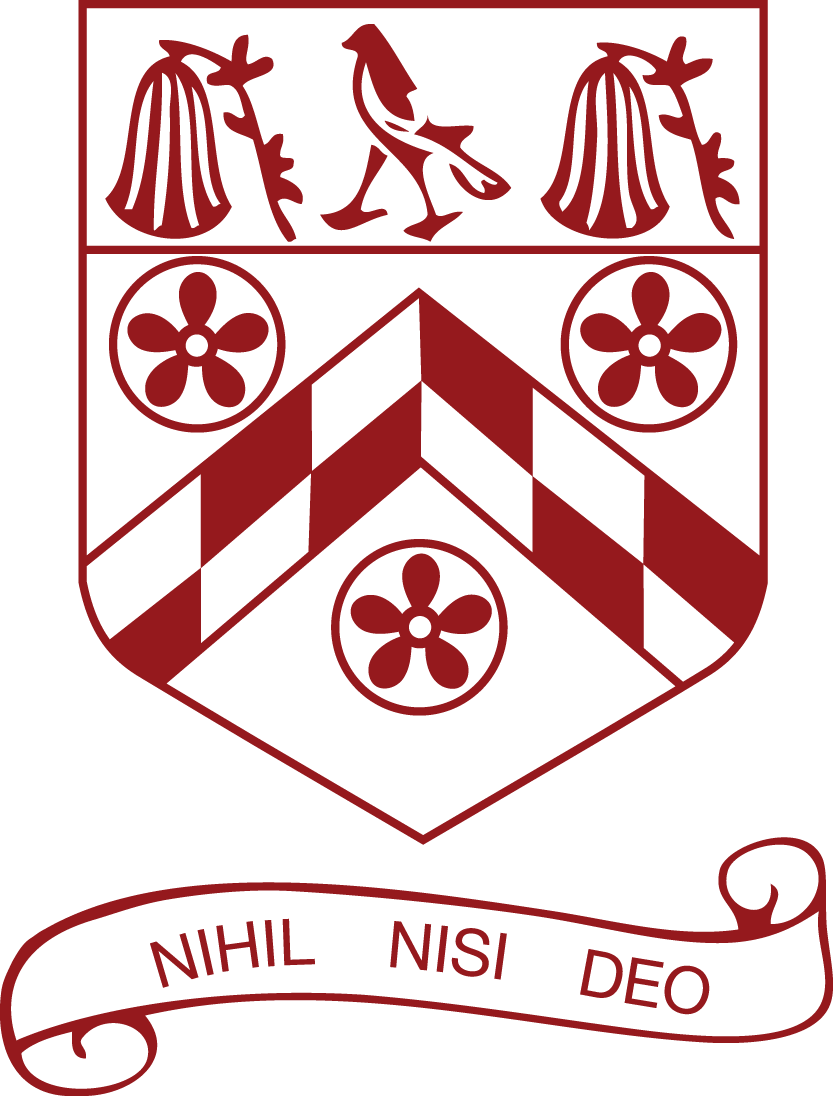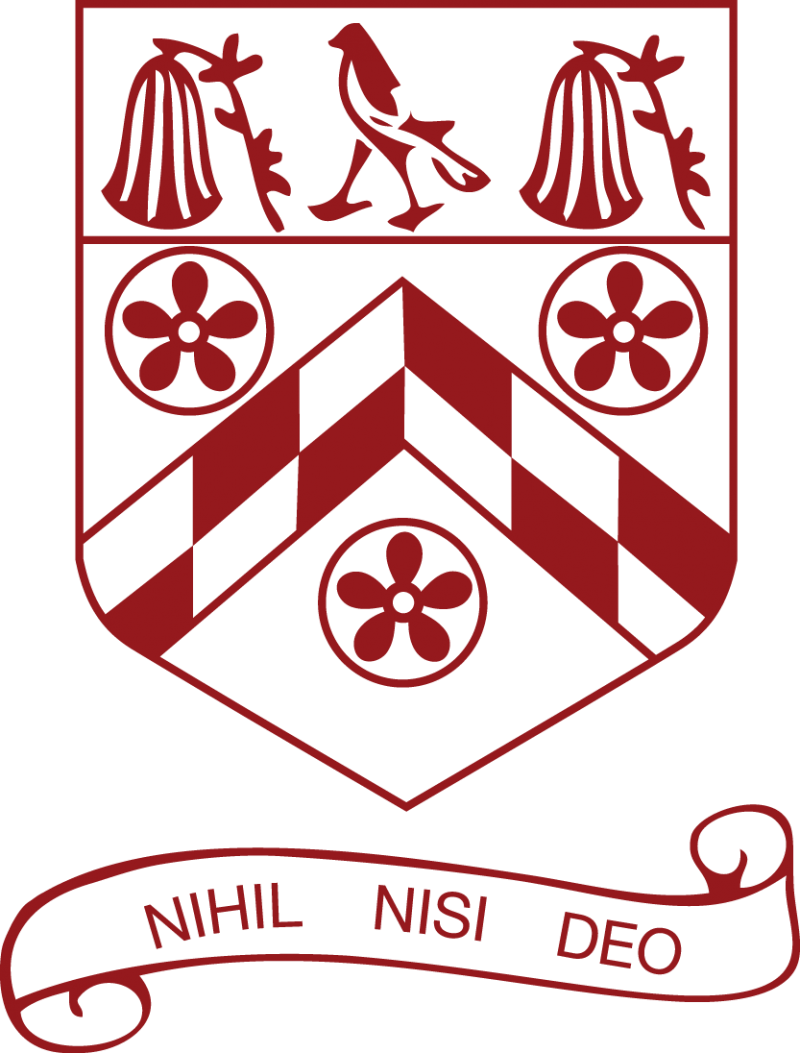Main School
Computer Science
The Computer Science curriculum is one of challenge and rigour and reflects the key role of computers in all walks of life today. Our vision and intent are to equip students with a range of knowledge and skills reflecting the present and future needs of everyday life and the world of work. The curriculum itself is built around computational thinking with a focus on problem solving and resilience and moves students from being users of technology to developing their own programs and digital products with due regard for business ethics.
We are closely linked the with the NCCE (National, Centre for Computing, Education) and have worked with this organisation to bring an exciting curriculum offer to our students at KS3. Schemes of work cover the national curriculum, allow for progression and offer high quality computing education throughout the students stay at Blessed Hugh Faringdon Catholic School.
In Year 7, students study a range of units covering the impact of technology, spreadsheets, networks, using media and programming essentials in Scratch with the aim of building on Key Stage 2 learning.
In Year 8 students learning develops further by studying computing systems, web development, an introduction to Python programming, media including vector graphics, mobile app development and data representation.
In Year 9, the scene for GCSE is being set with students studying cyber security, data science, media animations, physical computing, further development of Python programming knowledge and understanding working with sequences of data and representing data both in audio and visual formats.
Our link with the NCCE (National, Centre for Computing, Education) continues to inform medium term plans and ensures an exciting curriculum offer which covers the chosen Edexcel GCSE specification.
The 9-1 Edexcel GCSE Computer Science course comprises two examined units both studied over the two years and taken in the Summer of Year 11.
Paper one ‘Principles of Computer Science’ consists of 6 units covering computational thinking, data, computers, networks, issues and impact and programming. The exam is 1 and a half hours and and is marked out of 75. It comprises 50% of the overall grade.
In Paper 2 ‘Application of Computational Thinking’ the students learn to debug, rearrange and write their own code in Python. This is a practical exam which last 2 hours and again is worth 75 marks. In preparation for this exam, students will learn a range of algorithms to provide the knowledge they need to respond to all questions on this paper. It comprises 50% of the overall grade.

